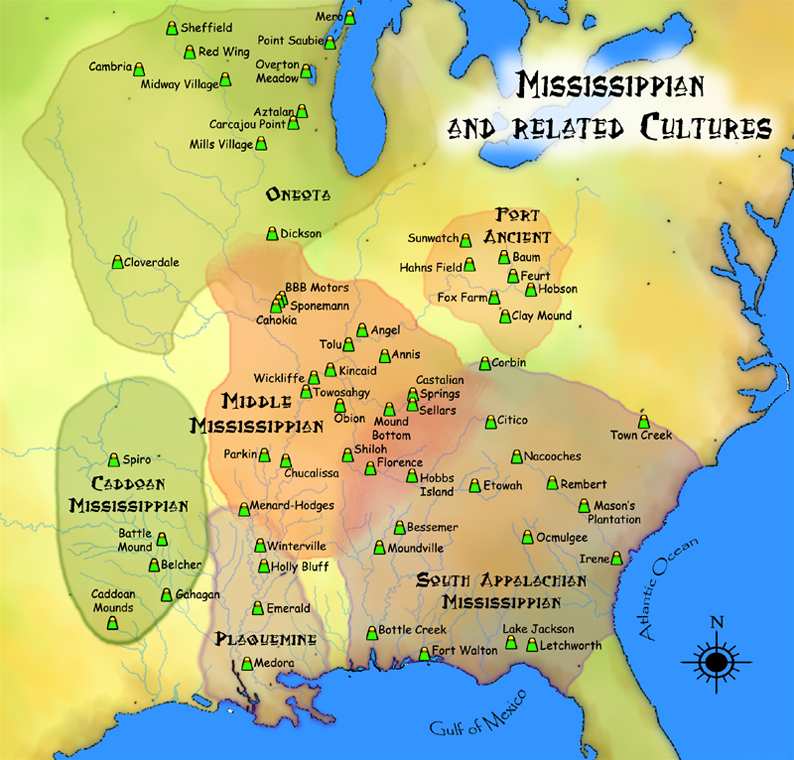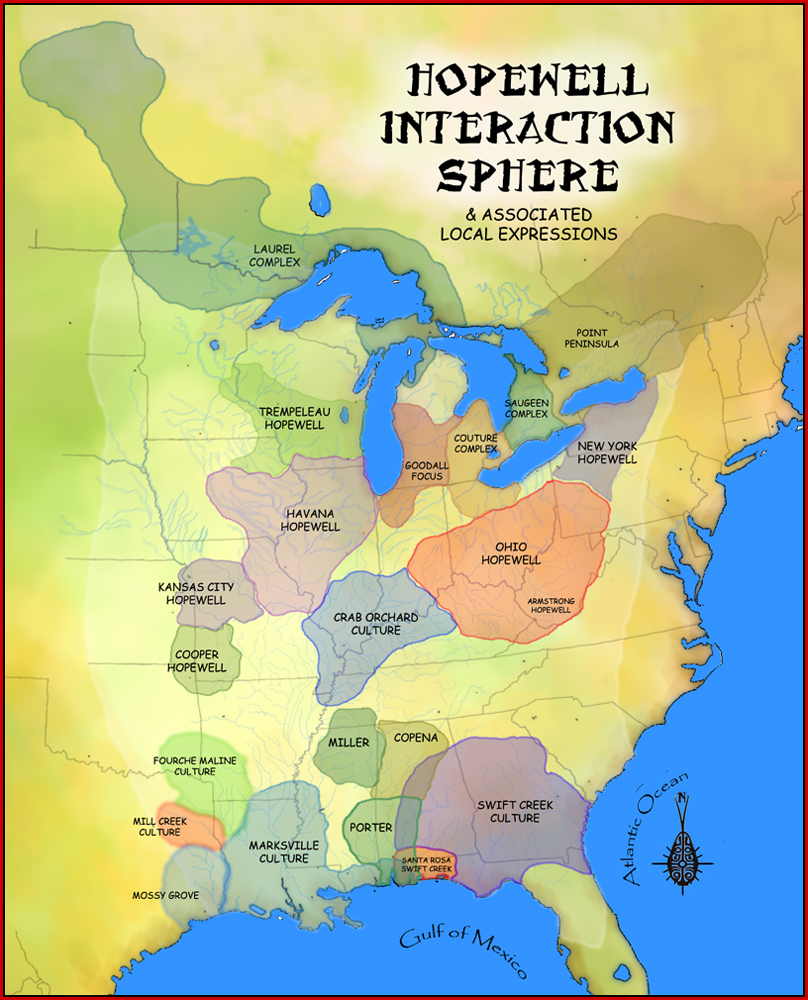My criteria were as follows:
1. Did the Civ in question make major contributions to human society (cultural, religious, architectural, military, etc.)?
This is one aspect I disagree with. Alot of people look at it from this perspective, but I disagree with it.
We're generally immersing ourselves in different time periods, yes? That's the premise of the game. There are alot of civs that had very little relevance in their own time, but made some major contribution to later cultures. On the flip side of that coin, there are many major civilizations whose influence was massive in their own time and region, but left relatively few contributions to later cultures.
Essentially, judging things from by what they left takes a too-modern perspective and really distorts the relative importance of different groups in ancient times. Take the Hebrews and the Aztecs as classic examples. The Hebrews could not have been a more minor power in their own time - they were a tiny hill-kingdom, eclipsed by the wealth, technical and cultural sophistication, and raw power not just of the mighty civilizations that surrounded them (Greco-Roman, Egyptian, Persian and Babylonian/Mesopotamian) but even by their immediate neighbours - the Phoenicians. Apart from a brief apex of very local power (still a rather small and modest kingdom by global standards), they were no more important than dozens and dozens of small kingdoms at the time. They became, like so many other small kingdoms of their time, the playthings of great empires.
But ... they are important to us today because of the legacy they left, Judeo-Christianity. That's a huge legacy.
Now let's take the Aztecs ... other than a few loan-words, some foodstuffs, a few Mexican holidays, and some genetic contribution in the form of the
mestizos who make up most of the population in Mexico, they haven't left us much. Yet ... they were one of the mightiest and most sophisticated powers on two continents, with millions of citizens and a vast empire. Their capitol was in a centre of lake in the middle of a valley, which they called the Navel of the World (today we call it the Valley of Mexico) and, if you lived in that time and place, you could be forgiven for thinking so. Because it would certainly seem like it was.
I like to take a more period-specific look at the relevance of a civ. Basically my criteria is more like - how much influence did they have among
contemporary nations they were in contact with? If they were never an empire or powerful confederacy, they are pretty much out of the top 30 or so, regardless of whatever legacy they left. This means Canada, Poland, and the Hebrews are going to have wait a while.
 Less of a world power but more of a regional power, from an area unrepresented so far.
Less of a world power but more of a regional power, from an area unrepresented so far. Less of a world power but more of a regional power, from an area unrepresented so far.
Less of a world power but more of a regional power, from an area unrepresented so far.




 )
)











